AMD just made a big statement in the AI PC race with its Ryzen AI Pro 300 series processors
With all eyes focused on the AI PC craze, AMD looks to one-up the competition
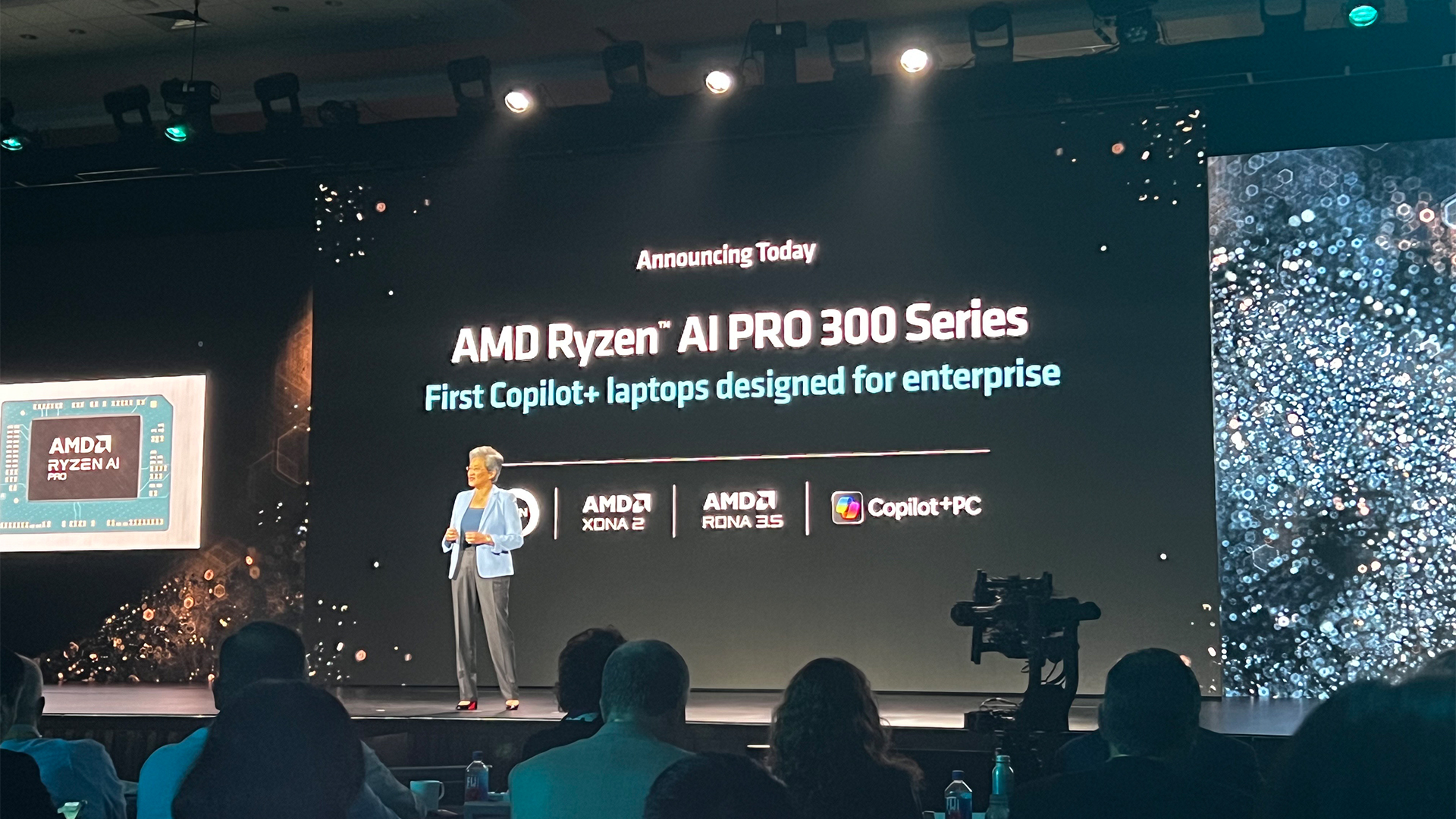

AMD has unveiled its latest weapon in the battle to dominate the burgeoning Copilot+ PC market with the launch of the Ryzen AI Pro 300 series.
Specifically catered toward enterprise users, the move by AMD looks to arm businesses with more powerful AI chips to bolster on-device AI and security capabilities.
The new series comes in three iterations, the AMD Ryzen AI 9 HX Pro 375, AMD Ryzen AI 9 HX Pro 370, and AMD Ryzen AI 7 Pro 360.
Officially announced at the chip maker’s Advancing AI conference in San Francisco, the new series marks a notable increase in capability and performance compared to the previous generation and the competition.
Detailing benchmarks, the company said the top-of-stack HX Pro 375 offers up to 40% higher performance and 14% faster productivity performance compared to Intel’s Core Ultra 7 165U.
Moreover, the addition of a more powerful NPU represents a key differentiator, according to AMD, boasting a “cutting-edge” 50+ NPU TOPS of AI processing power.
Notably, given it’s the only X86 processor on the market with the required TOPS to meet Microsoft’s Copilot+ threshold, the move could mark a significant moment for the firm and give it a competitive edge.
Get the ITPro daily newsletter
Sign up today and you will receive a free copy of our Future Focus 2025 report - the leading guidance on AI, cybersecurity and other IT challenges as per 700+ senior executives
AMD capitalizing on the AI PC craze
The move from AMD comes amid a period of growing interest in AI PCs, with a host of major manufacturers ramping up efforts to roll up AI-powered devices in both the consumer and enterprise markets.
Intel has moved aggressively in this domain across 2024, having identified this as a key potential growth opportunity late last year. Intel CEO Pat Gelsinger went so far as to claim the AI PC would be the “star of the show” in 2024.
But AMD has been gaining ground, particularly in the notebook domain. Analysis from Mercury Research earlier this year noted the chip maker gained “significant server, desktop, and notebook revenue share year on year”.
A key factor in this was heightened demand for its 4th Gen EPYC and Ryzen 7000 series processors, according to Mercury Research.
RELATED WEBINAR

“Enterprises are increasingly demanding more compute power and efficiency to drive their everyday tasks and most taxing workloads,” said Jack Huynh, SVP and general manager for AMD’s computing and graphics group.
“Our this generation AI-enabled processors for business PCs deliver unprecedented AI processing capabilities with incredible battery life and seamless compatibility for the applications users depend on.”
AMD outlined ambitious targets for the new Ryzen range, noting that it intends to ship more than 100 different notebook models with OEM partners this year, including via Lenovo and HP.
With high stakes and potential battle between AMD and Intel brewing in this domain, IDC senior research director for EMEA, Andrew Buss, told ITPro the latest announcement shows the race is very much on. Both Intel and AMD have progressively bolstered capabilities recently and we can expect this battle of attrition to accelerate.
“If you look at how AMD has expanded its NPU over the last two generations, moving from the [Ryzen] 7000 and 8000 series into Strix point, it’s a much bigger NPU,” he said.
“And if you look at Intel Meteor Lake versus Luna Lake, Luna Lake is a much bigger NPU as well. So it’s becoming much more important.”
Moving forward, Buss suggested this process of upgrades will essentially become the new normal within the market, and devices not offering these capabilities will eventually be weeded out. All told, the days of non-AI PCs could be coming to an end - or at least forming a distinctly separate market.
“This is the natural evolution, just how pretty much every laptop now has an iGPU in it, every laptop in three years will have an NPU of various strengths,” he told ITPro.
“We've got existing designs and markets that are pre AI PC, they'll have to be managed out the market as a long tail, so they’ll naturally fall away and become uncompetitive designs and move from high end, to the mid-range, to the low end and help the market.

Ross Kelly is ITPro's News & Analysis Editor, responsible for leading the brand's news output and in-depth reporting on the latest stories from across the business technology landscape. Ross was previously a Staff Writer, during which time he developed a keen interest in cyber security, business leadership, and emerging technologies.
He graduated from Edinburgh Napier University in 2016 with a BA (Hons) in Journalism, and joined ITPro in 2022 after four years working in technology conference research.
For news pitches, you can contact Ross at ross.kelly@futurenet.com, or on Twitter and LinkedIn.
-
 Bigger salaries, more burnout: Is the CISO role in crisis?
Bigger salaries, more burnout: Is the CISO role in crisis?In-depth CISOs are more stressed than ever before – but why is this and what can be done?
By Kate O'Flaherty Published
-
 Cheap cyber crime kits can be bought on the dark web for less than $25
Cheap cyber crime kits can be bought on the dark web for less than $25News Research from NordVPN shows phishing kits are now widely available on the dark web and via messaging apps like Telegram, and are often selling for less than $25.
By Emma Woollacott Published
-
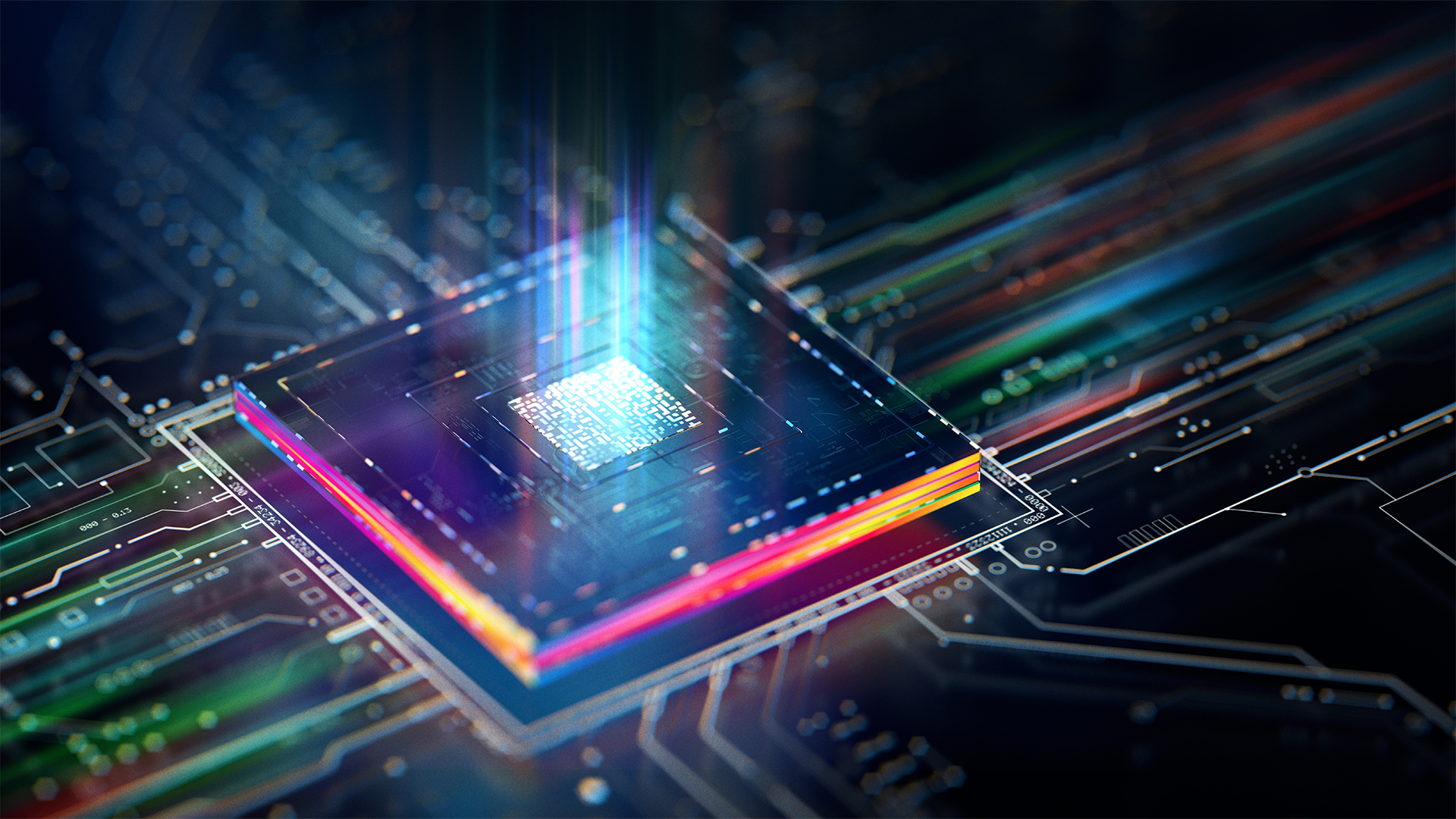 Why the CPU you chose is the key to Windows 11
Why the CPU you chose is the key to Windows 11The end of Windows 10 is on the horizon – it’s time to upgrade to an fTPM-protected processor
By Bobby Hellard Published
-
 AMD and Intel’s new x86 advisory group looks to tackle Arm, but will it succeed?
AMD and Intel’s new x86 advisory group looks to tackle Arm, but will it succeed?News The pair will look to make x86 CPU architecture more interoperable
By George Fitzmaurice Published
-
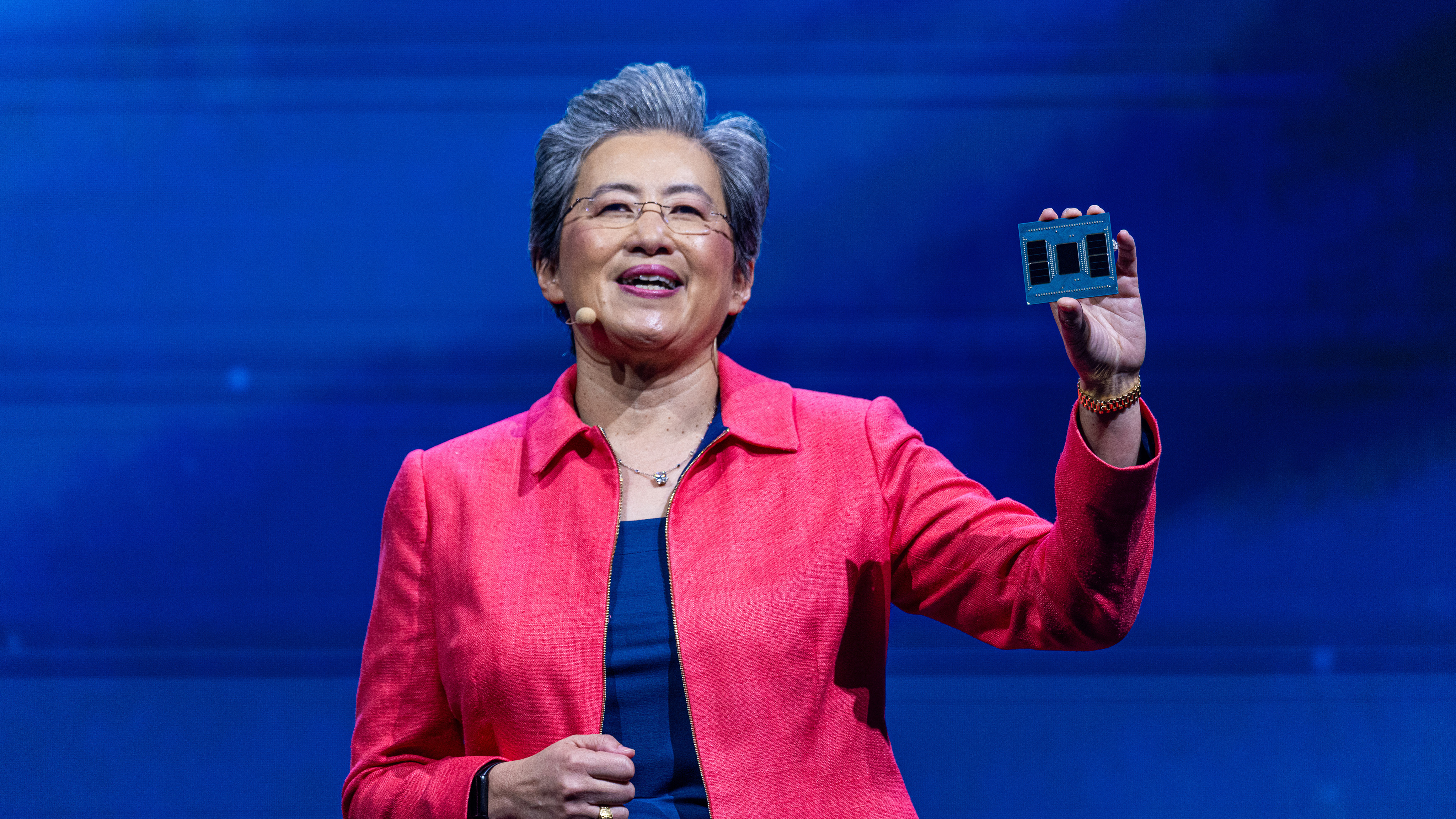 AMD’s patient roadmap has become a highway to success
AMD’s patient roadmap has become a highway to successAnalysis While everyone was focused on Nvidia’s meteoric rise, AMD was preparing the hardware needed to take the fight to its long-time competitor
By Ross Kelly Published
-
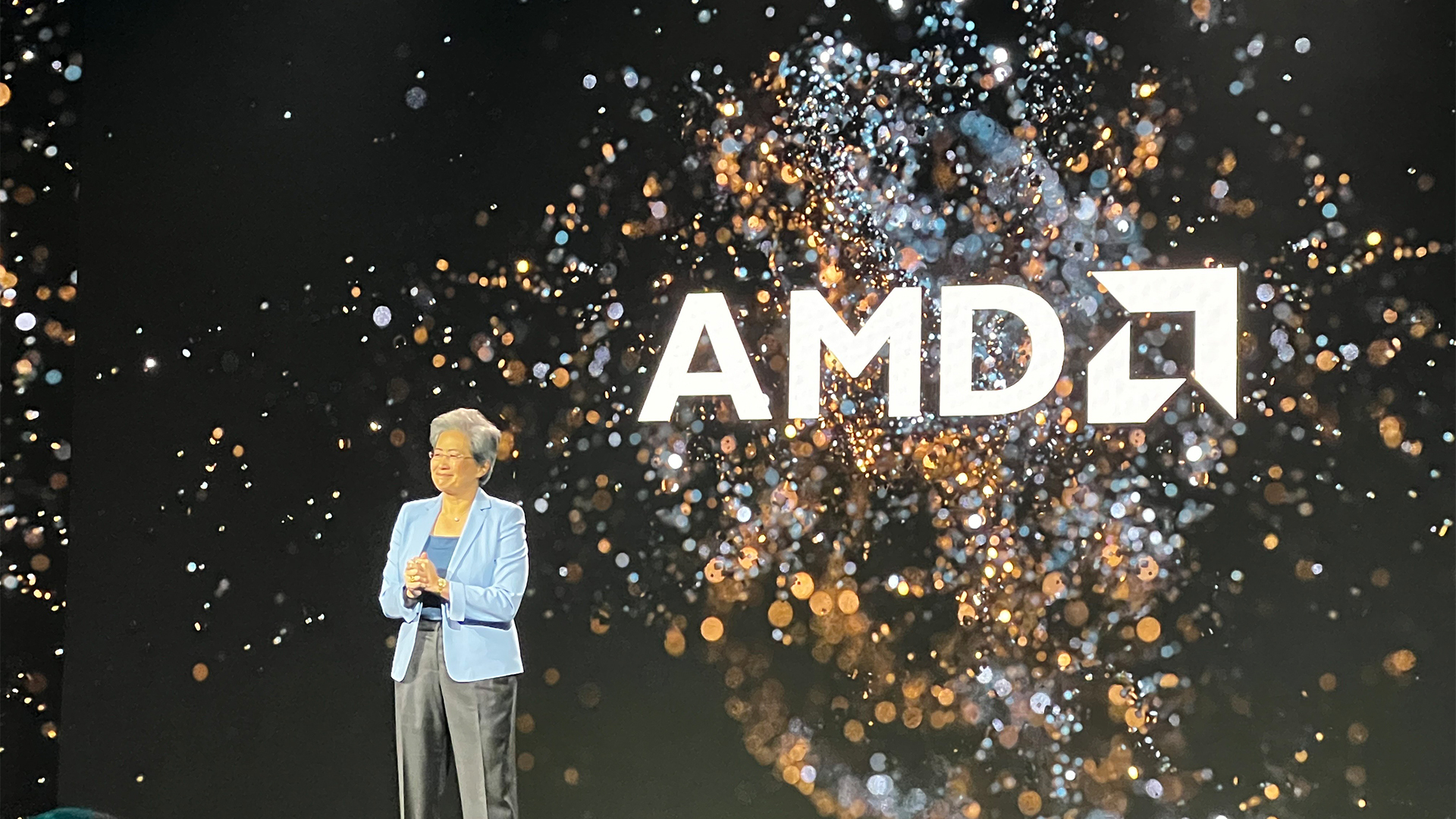 AMD’s new Instinct GPUs might just blow Nvidia out of the water
AMD’s new Instinct GPUs might just blow Nvidia out of the waterNews The chip maker unveiled its newest Instinct GPU series in San Francisco today – and it’s very bullish on performance in the race with Nvidia
By Ross Kelly Published
-
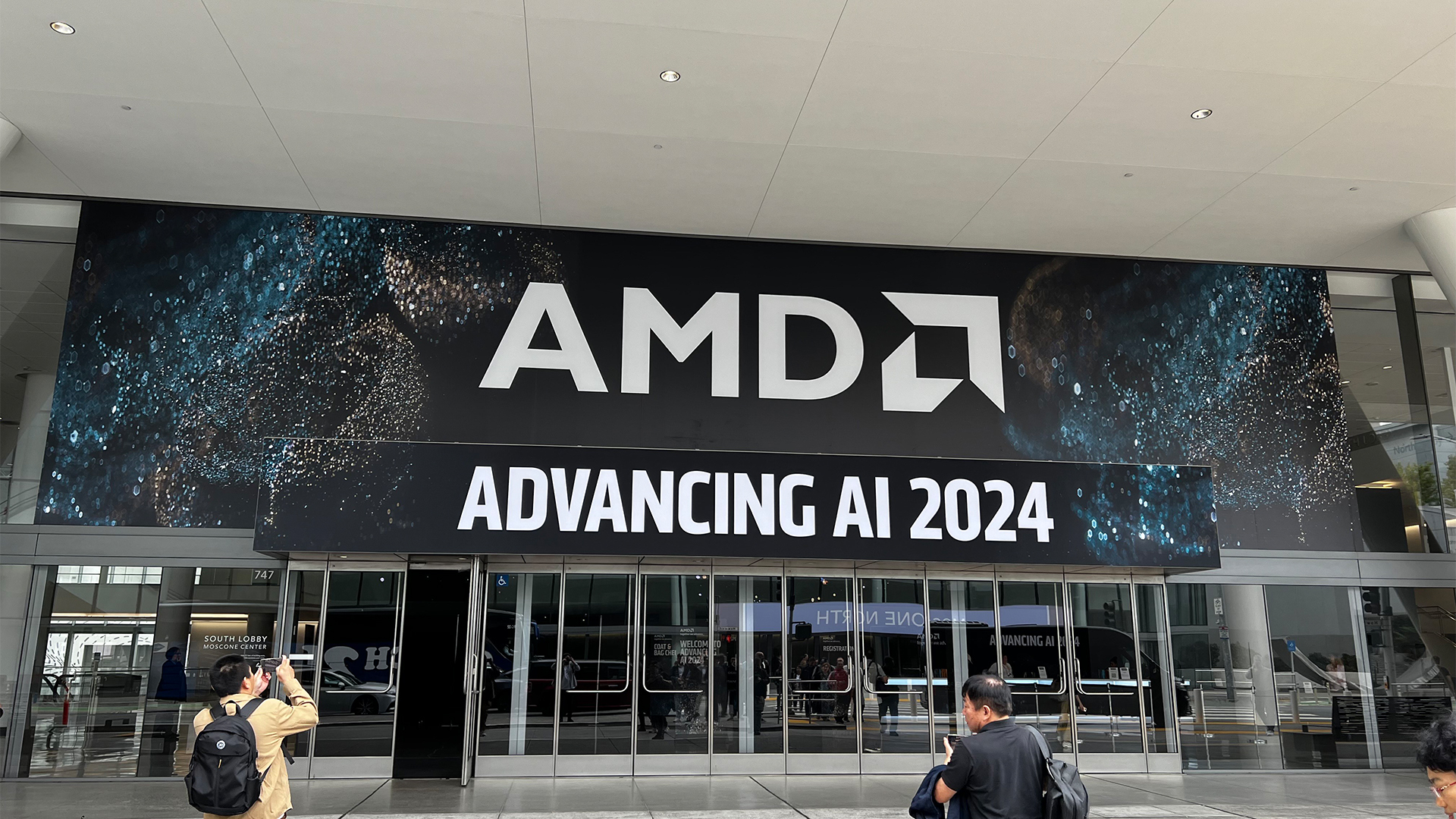 AMD Advancing AI live: All the news and updates as they happened
AMD Advancing AI live: All the news and updates as they happenedLive Blog ITPro has been live on the ground at the AMD Advancing AI conference in San Francisco this week – here's everything we learned in the big keynote with CEO Lisa Su
By Ross Kelly Last updated
-
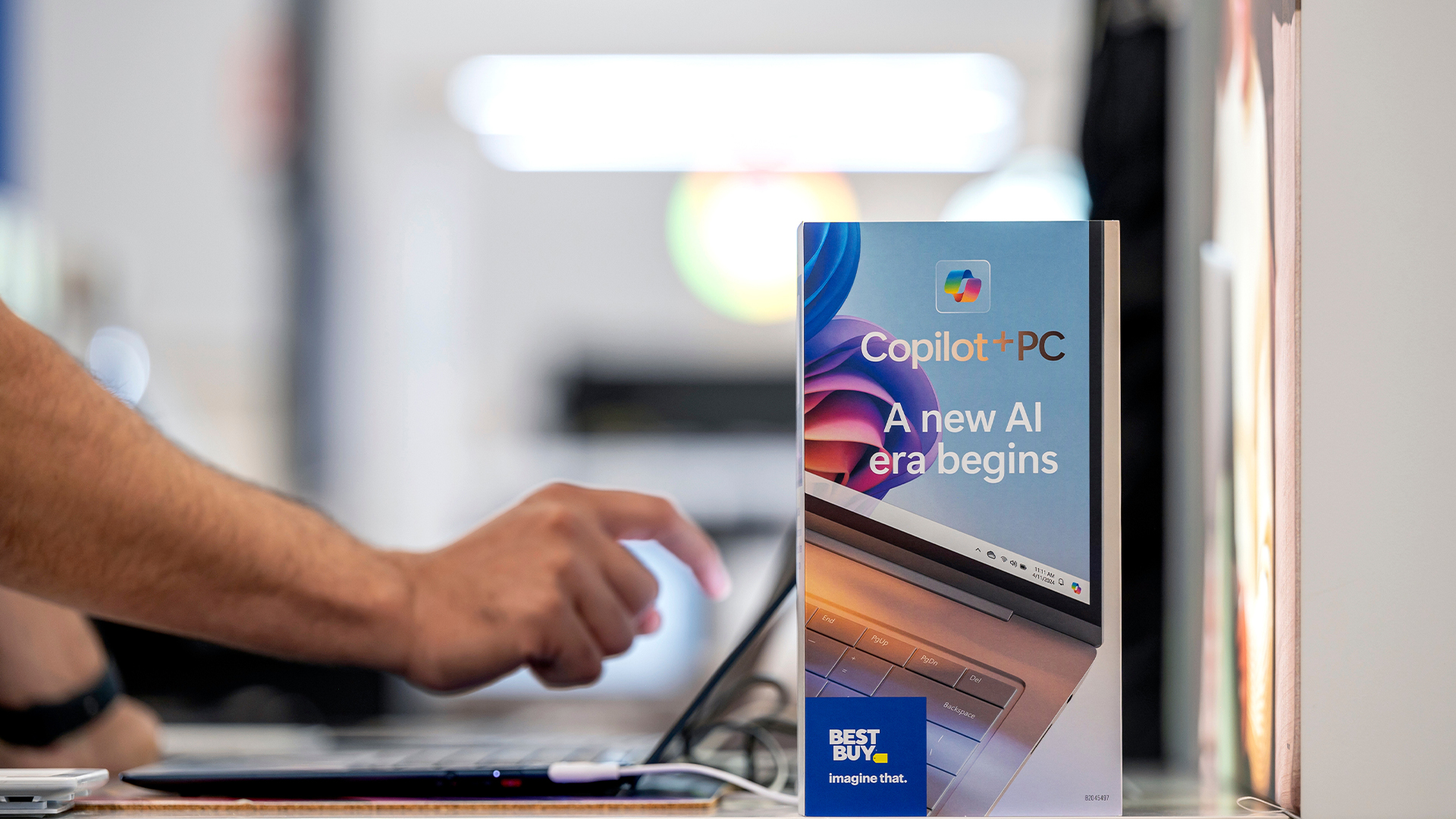 Why the world is about to be swamped with AI PCs
Why the world is about to be swamped with AI PCsNews With adoption rates set to surge, AI PCs will become far more mainstream in years to come
By Nicole Kobie Published
-
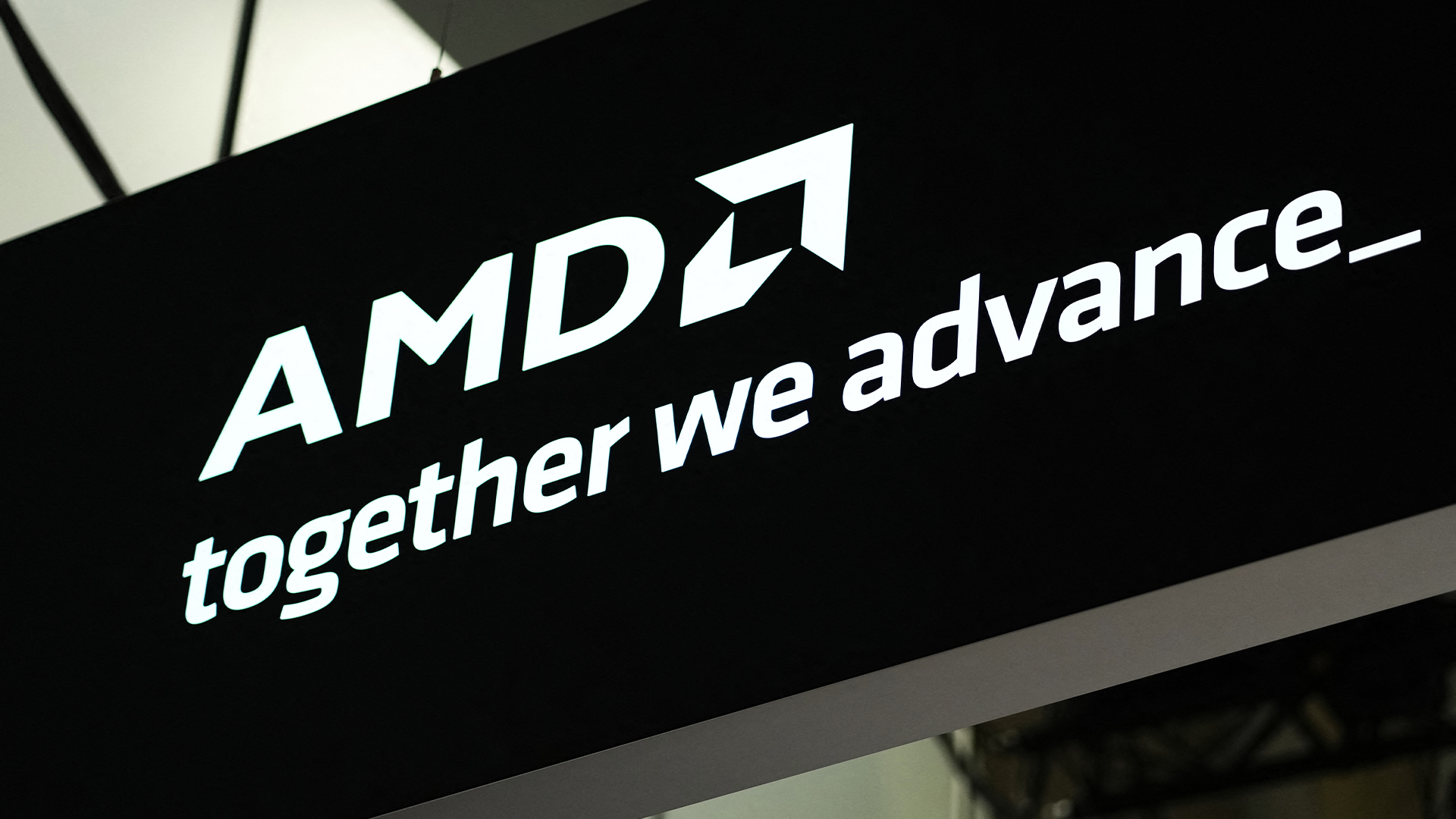 AMD expands CPU portfolio with new EPYC 4004 Series
AMD expands CPU portfolio with new EPYC 4004 SeriesNews AMD has released its new EPYC 4004 Series processors to power entry level system designs and deliver cost savings to SMBs
By Daniel Todd Published
-
 The benefits of a hardware update for SMBs
The benefits of a hardware update for SMBsSponsored Nobody loves a server refresh, but the benefits far outweigh the effort and the cost
By ITPro Published